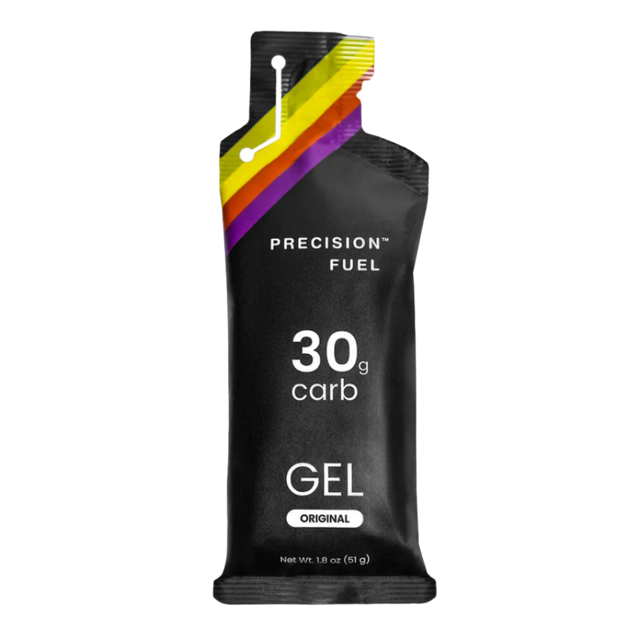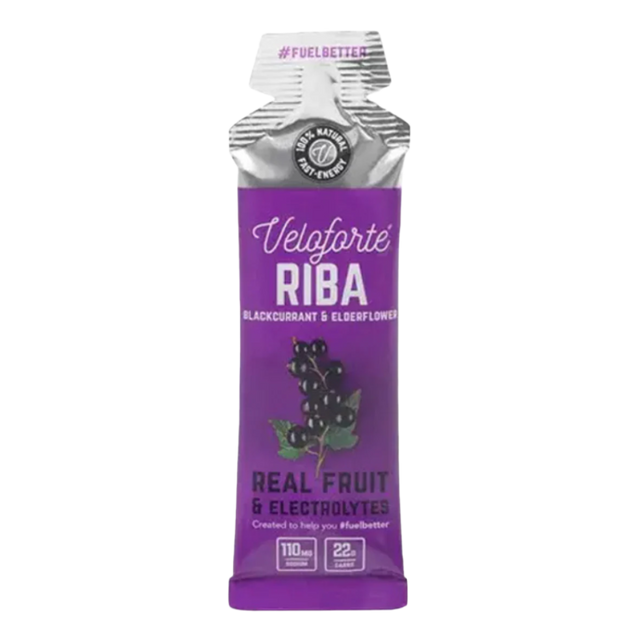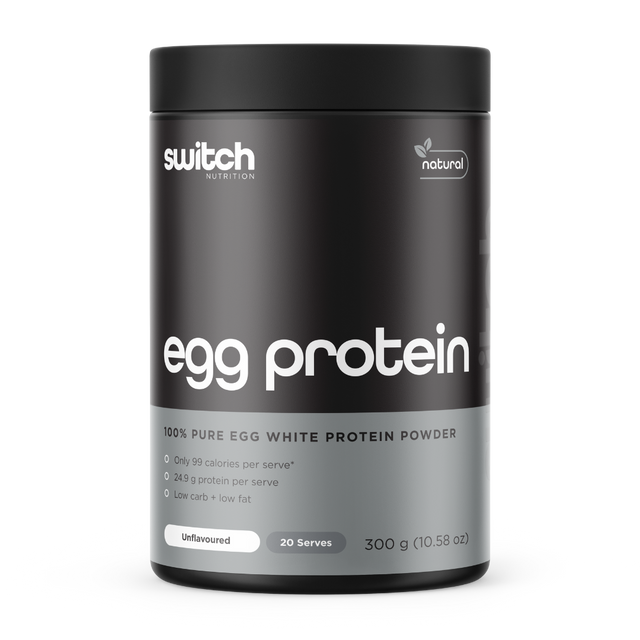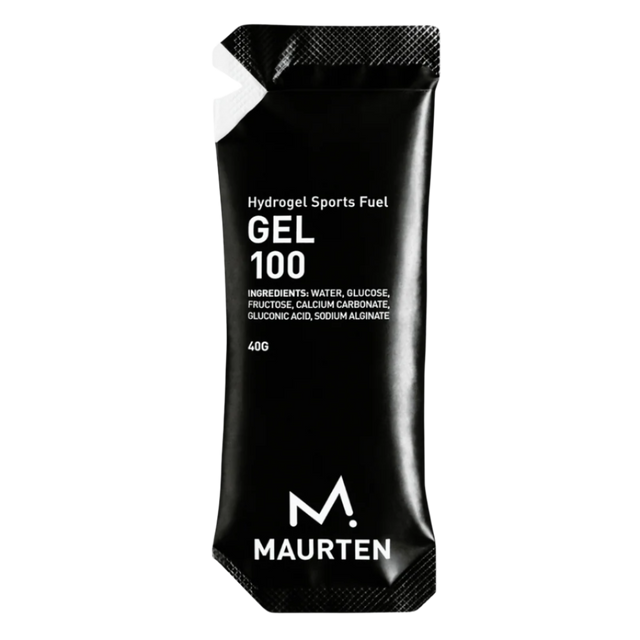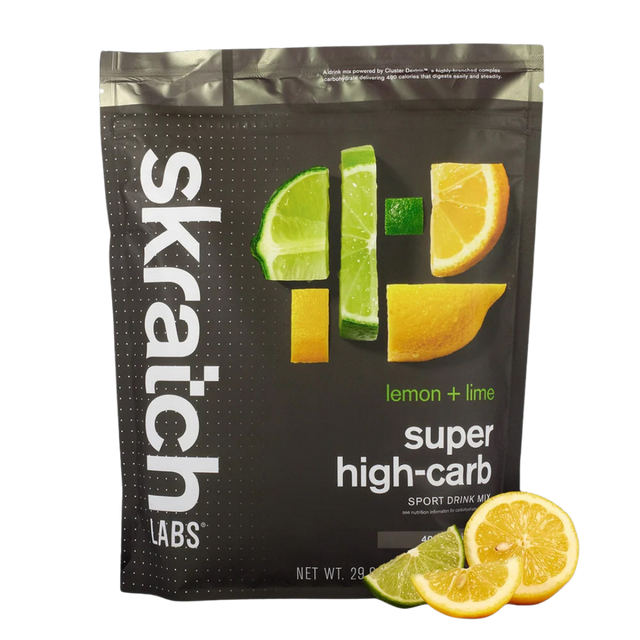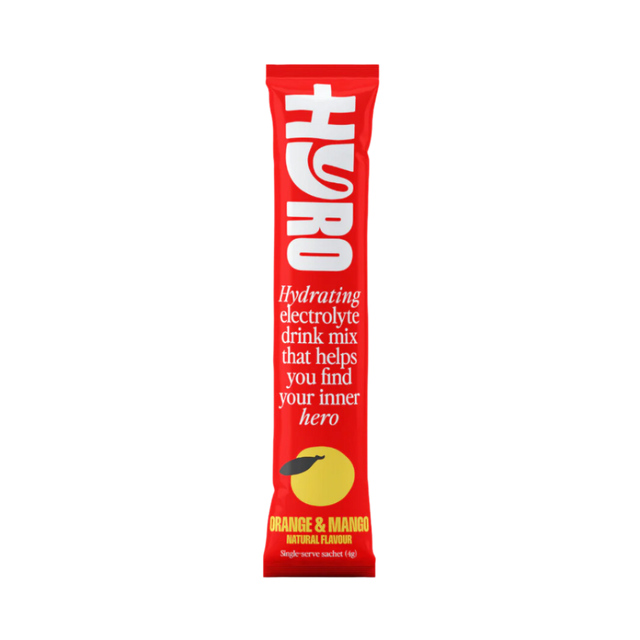Why Every Marathon Runner Needs a Nutrition Plan
Strategic nutrition planning is as vital for long runs as the right shoes and snug lycra. Neglecting nutrition can limit your performance, increase the likelihood of gut troubles, and raise the risk of dehydration. Don’t just take my word for it though, let’s look at why nutrition plans matter for runners.
Fuelling for Marathon Performance
A marathon is no stroll in the park, it's 42.2 kilometres of grit and grind. While aid stations offer support for both your body and mind, your success hinges on choosing the right fuel at the right time. So why do we need carbohydrates for marathon running, and what happens when your tank runs low?
-
Carbohydrates are your body’s main fuel during a marathon and long runs.
-
Muscles use stored carbs (glycogen) for energy.
-
Glycogen stores run out after about 90-120 minutes (1).
-
Without refuelling, you risk “hitting the wall”, feeling exhausted, low on energy, and slowing down. Eating carbs during the race helps you stay strong and finish well.
-
Aim to consume 60-120g of carbohydrates per hour during a marathon.
Pro Tip→ Your pre race nutrition 20 mins before race starts contributes to your first hour of carbohydrate intake.
Choosing the right type of carbohydrate is just as important as getting enough of it. With options like gels, chews, drink mixes, and bars, not to mention different carb blends like natural sources, maltodextrin-to-fructose ratios (2:1 or 1:0.8), or cluster dextrin, it’s essential to find what works best for your gut, your taste preferences, and what’s convenient to use on the course.
Some Products I Recommend:
-
For athletes consuming under 90g of carbs per hour→ PF30 Energy Gel, Victus 02 During Gel or Drink Mix, Veloforte Energy Gels.
-
For athletes consuming over 90g of carbs per hour→ Maurten Gel 100, 226er High Energy Gel, Styrkr Gel50 Dual-Carb Energy Gel, Science In Sport (SIS) Beta Fuel Energy Gel, Science In Sport (SIS) Beta Fuel Energy Chew, Pure Sports Nutrition Performance+ Race Fuel Drink Mix Sachet.
For help choosing the right carbohydrates for marathon running, reach out to me on the Ask Ash page or have a read over What is a Carb Drink Mix?, Which Energy Gel Should I Choose? or Marathon Fuelling 101.
Recovery Nutrition: Rebuild, Adapt and Get Stronger
- Recovery nutrition is where the gains happen. Your body repairs, adapts and rebuilds muscle during rest, not just while training. Nutrition isn’t just for race day, it's the daily habits that make us stronger, fitter and faster.
- Protein is key to rebuild muscle and support lean tissue repair, aim for 20-40g of high-quality protein after longer runs or intense sessions 2.
- Carbohydrates help replenish glycogen stores, giving you energy for your next run and reducing fatigue.
-
Anti-inflammatory and antioxidant-rich foods like berries, leafy greens, salmon and nuts help support tissue repair and reduce muscle soreness.
Quick Recovery Tips:
- Eat within 30-60 minutes post-run 3
- Include a mix of carbs and protein (e.g. Switch Nutrition Egg White Protein in a banana and milk smoothie, Greek yoghurt with oats, eggs and cottage cheese on toast)
- Plan ahead with easy grab-and-go options like protein bars or recovery shakes such as Veloforte High Protein Shake with milk and a banana or a Blue Dinosaur Protein Bar.
Hydration Tips for Marathon Training and Race Day
- Everyday hydration for marathon runners→ Balance water with electrolytes, aim for 30-35 mL/kg/day4.
- How to stay hydrated during a marathon→ In the days leading up to the race, gradually increase your intake of water with low carb electrolytes such as Hyro Electrolyte Hydration Mix, on race day use an available hydration mix in your hydration vest or bottles such as Skratch Labs Sport Hydration Drink Mix Bag and Consider hyperhydration strategies [Learn more about hyperhydration here]
- Understand the risks of dehydration→ A 2% loss in body mass due to dehydration can reduce aerobic power by 6%, slow your pace, and increase the risk of cramps, heat exhaustion 5.
Personalised Marathon Nutrition Plans Make a Difference
- A personalised nutrition plan for marathon running is essential. Your individual training load, sweat rate, and gut tolerance all impact what fuels you best.
- Don’t race without a strategy. Just like a training plan, your nutrition needs to be tested and tailored well before race day to support performance and recovery.
- Need help with custom running nutrition? Ask Ash our in-house dietitian here.
Ash Miller
Dietitian and Nutritionist (Masters)
Bachelor of Physical and Health Education
Instagram: @ashthomo_nutrition
Disclaimer:
The content in this blog is for general information only and is not a substitute for professional medical advice, diagnosis, or treatment. Always speak with your doctor or allied health team before changing your diet, exercise, or taking supplements, especially if you have a health condition or take medication. Please use this information as a guide only. Aid Station doesn't take responsibility for individual outcomes.
References
- Jeukendrup, A. E. (2004). Carbohydrate intake during exercise and performance. Nutrition, 20(7–8), 669–677. https://doi.org/10.1016/j.nut.2004.04.017
- Phillips, S. M., & Van Loon, L. J. C. (2011). Dietary protein for athletes: from requirements to optimum adaptation. Journal of Sports Sciences, 29(sup1), S29–S38.https://doi.org/10.1080/02640414.2011.619204
- Ivy, J. L., et al. (2002). Effect of carbohydrate-protein supplementation on endurance performance during exercise of varying intensity. International Journal of Sports Nutrition and Exercise Metabolism, 12(4), 424–439.https://doi.org/10.1123/ijsnem.12.4.424
- Sawka, M. N., et al. (2007). Exercise and fluid replacement. Medicine & Science in Sports & Exercise, 39(2), 377–390. https://doi.org/10.1249/mss.0b013e31802ca597
- Fleming, J., and L.J. James (2014). Repeated familiarisation with hypohydration attenuates the performance decrement caused by hypohydration during treadmill running. Appl. Physiol. Nutr. Metab. 39:124-129.

